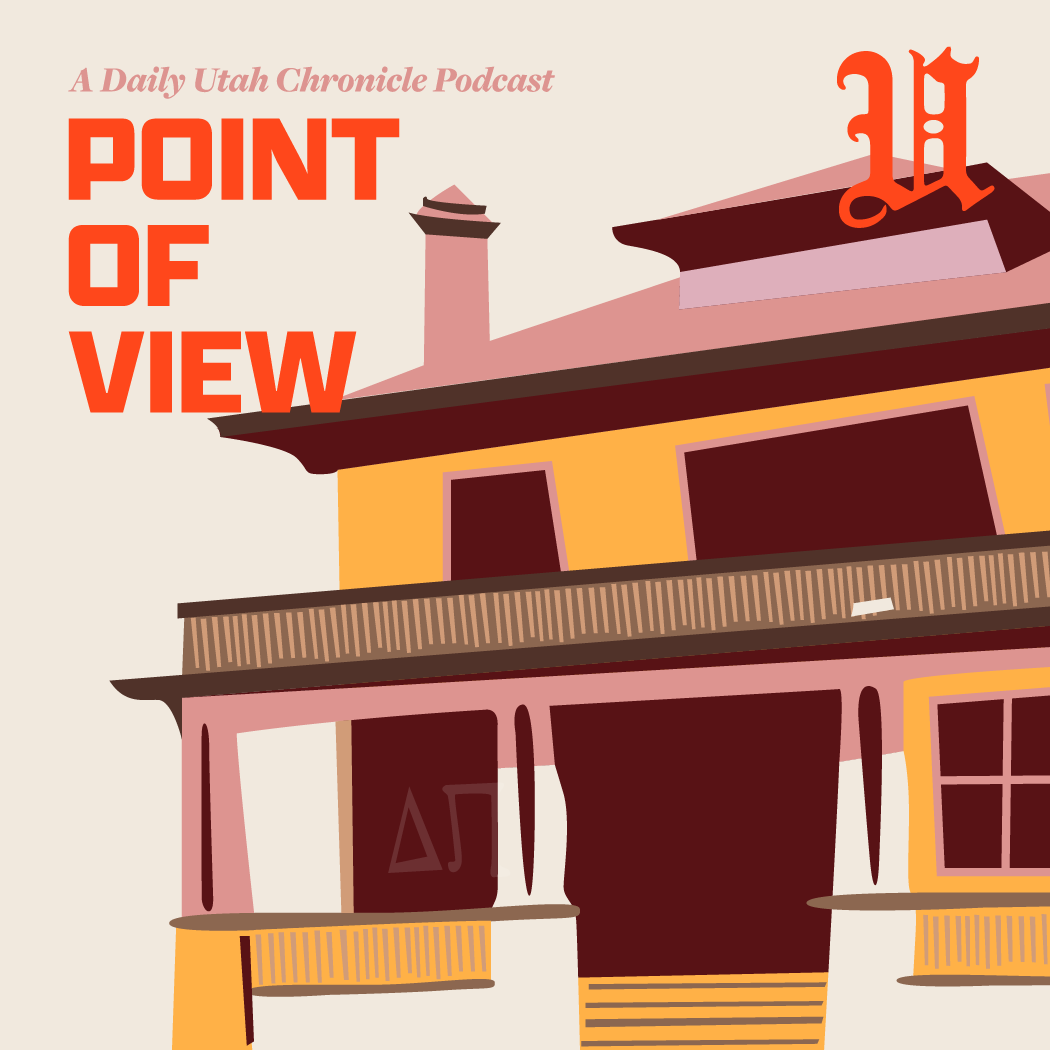
The United States is approaching a historical milestone. The Supreme Court holds the futures of millions of Americans in its hands.
The verdict looks promising for the supporters of same-sex marriage. It appears the Prop. 8 case will be thrown out on the jurisdictional grounds, which will effectively legalize same-sex marriage in California, as the lower court ruling will stand.
The Defense of Marriage Act (DOMA) case might also suffer a similar fate, given the weight the justices placed in oral argument on whether they had jurisdiction to hear it.
Before examining the oral argument for the case, it is useful to look at two relevant cases that establish judicial precedence for an equal protections case. In Loving v. Virginia — the most aptly named Supreme Court case in history — the Supreme Court ruled a state could not deny marriage to interracial couples. The opinion held denying marriage to couples based on their race denied them equal protection under the 14th Amendment.
Loving v. Virginia is also useful as it establishes in cases in which equal protection is denied, the Supreme Court can protect marriage. This ruling suggests the court might also view sexual preference as a protected class, which is a necessary condition for same-sex individuals to be protected under the law.
In Lawrence v. Texas, the court struck down a Texas sodomy law that banned homosexual behavior. Justice Anthony Kennedy, writing in the majority, stated “it suffices for us to acknowledge that adults may choose to enter upon this relationship in the confines of their homes and their own private lives and still retain their dignity as free persons … The liberty protected by the Constitution allows homosexual persons the right to make this choice.”
Kennedy — a libertarian who is traditionally considered a swing vote — had a series of questions that suggested he felt DOMA is discriminatory. He will likely be the deciding vote in the DOMA ruling, assuming the case is not thrown out on procedural grounds. In addition, he posed several other questions pertaining to whether Congress has the right to impose a definition of marriage onto the states, thus making him skeptical of DOMA on Equal Protection and federalist grounds.
It appears unlikely the Supreme Court will grant outright a constitutional right to marriage to same-sex couples. It is apparent that the four liberal justices would be inclined toward such a ruling. However, Kennedy said nothing that definitively suggests he would be in favor of granting a constitutional right of marriage to same-sex couples.
“The federal government, under our federalism scheme, has the authority to regulate marriage,” Kennedy said of his position. A large portion of Kennedy’s questioning pertained to questions of federalism, rather than of equal protection.
The most likely outcome — besides throwing out the case on procedural grounds — is a 5-4 ruling against DOMA with Kennedy siding with the liberals.
This would effectively entitle same-sex couples — in states that recognize same-sex marriage — to the federal protections allotted to married opposite-sex couples.
Such a ruling would also call into question whether states would have to honor same-sex marriages of other states under the Full Faith and Credit Clause. The rulings from this week’s cases are unlikely to definitively resolve the question of marriage equality, however, and further legal battles are likely to continue.
What is perhaps most telling is the vacuous nature of the arguments from the traditional marriage lawyers.
Charles Cooper, the lawyer arguing against Prop. 8, seemed unprepared to articulate a legal rationale for denying equal protection.
Justice Elena Kagan, moreover, exposed what has always been the true intention of DOMA: imposing a “moral disapproval of homosexuality.”
The denial of same-sex rights isn’t based on a high-minded legal rationale, but rather thinly veiled bigotry. While there might be a question as to whether these rulings will be dispositive of gay rights, there seems to be no legal rationale to continue to discriminate against same-sex couples.
There is no question that this week was a victory for same-sex couples. The only question is, to what extent?










Mr. Anonymous • Mar 29, 2013 at 5:45 am
The error of your article is in your reference to “same sex rights”. On what basis do you consider these things to be “rights”? Marriage has never been a right. It is a societal privilege based on law and mores, both of which change with the prevailing views of the majority. Therein lies your thinking error. That doesn’t mean it isn’t reasonable to grant the marriage privilege to same sex couples, it just means your argument is flawed.
Mr. Anonymous • Mar 29, 2013 at 5:45 am
The error of your article is in your reference to “same sex rights”. On what basis do you consider these things to be “rights”? Marriage has never been a right. It is a societal privilege based on law and mores, both of which change with the prevailing views of the majority. Therein lies your thinking error. That doesn’t mean it isn’t reasonable to grant the marriage privilege to same sex couples, it just means your argument is flawed.